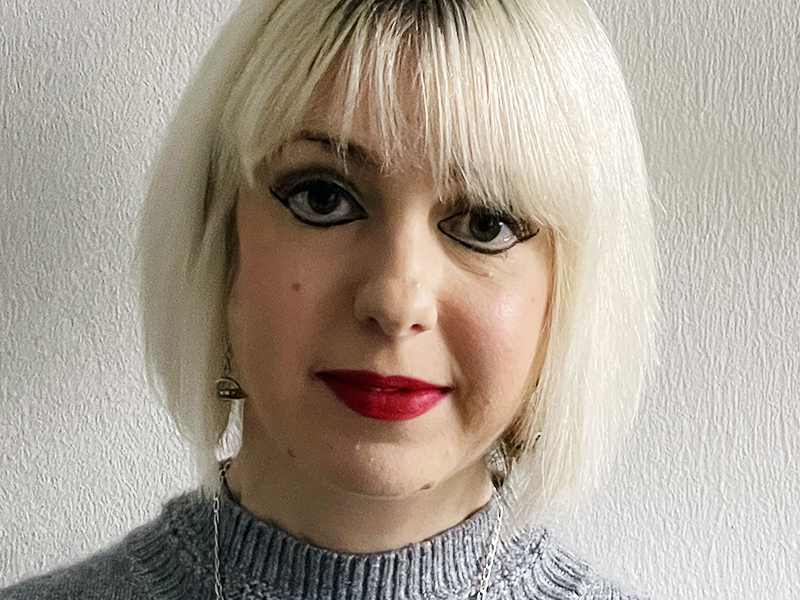We need to ‘design out’ stigma from our social safety net, says Erica Young
How a community protects its members from the natural fluctuations of life reflects the values of that community.
All of us rely on publicly-funded services and support systems, including pensions, education and the NHS. It is in all our interests to ensure that this social infrastructure is robust, and that includes social security.
A cradle to grave vision of a social safety net frames welfare as a tool of social cohesion. Unfortunately, our system has been distorted, and has become a mechanism for division.
It recasts unemployment, redundancy and sickness, which most people experience at some stage in their lives, as a source of shame, as the product of poor choices. It seeks to use social security to actively modify the behaviour of individuals, with little consideration given to the agencies with which these individuals must interact. It reinforces the myth that participation in the formal workplace and wealth determine social value. It fails to recognise full-time informal caring as the hugely socially productive work that it is. It strips people of agency and control.
One of the most pervasive and damaging effects of this approach is that it often defines how those who find themselves in need of social security support see themselves. When seeking the advice of our network about social security, people frequently distance themselves from others in the same situation. They feel that they must be seen as an exception if they are not to experience deep shame.
Internalising such a view is shattering to a person’s self-worth, and to the confidence and motivation necessary to meaningfully participate in society. It amounts to an unconscionable devaluation of people that makes us all poorer.
Stigma shapes the design and delivery of social security, reducing its efficacy in tackling the scourge of poverty. It can lead to perverse outcomes such as people feeling shame when they access cheaper, less healthy food, because that is irresponsible, and shame if they access higher quality food, because that is profligate.
The human impact of this is devastating, vividly illustrated in the latest reports from our network. One CAB describes a lady experiencing daily headaches, all over debilitating body weakness and other variable symptoms, deterred from accessing benefit because “she is not badly affected all the time. She worries that there may be an apparent contradiction between her being able to care for her parents but claiming to be disabled herself”.
Another CAB reports of a lady living in a small community afraid to claim disability support as she doesn't want others to know that she claims benefits or anything about her health. Finally, a third CAB describes the intense pressure being placed on a client with learning difficulties to look for work which is inappropriate for him.
So it’s time to consider how to ‘design out’ stigma from our social safety net. We need a countervailing positive vision, one in which all of us as citizens have access to a decent income, and a system which responds in real time to our changing needs without undermining us when we most need support.
Because this is not an academic discussion: every one of us (and our loved ones) has a vested interest here. When things are going well we all like to think we’ll never need social security. ‘It’ll never happen to me.’ Until it does.
Erica Young is a social policy officer at Citizens Advice Scotland.
This article originally appeared in the Herald.







